Walking Hand in Hand: Couples Rehabs’ Commitment to Wellness
In the journey towards recovery from addiction, having the support of a loved one can make all the difference. Couples Rehabs in Orange County recognize the importance of this support system and are dedicated to providing comprehensive care that addresses the unique needs of both partners. In this article, we’ll explore the commitment to wellness that couples rehabs offer, the benefits of seeking treatment as a couple, and how couples rehabs are paving the way for lasting recovery.
Couples Rehabs Services 888-325-2454
Understanding Couples Rehabs
Couples Rehabs represent a specialized approach to addiction treatment, acknowledging the intricate interplay between substance abuse and intimate relationships. These facilities cater to couples grappling with addiction issues, recognizing that the impact of addiction extends beyond the individual to their partner and the dynamics of their relationship. By providing a supportive and nurturing environment, couples rehabs offer a unique opportunity for partners to embark on a journey of recovery together, addressing their individual addiction issues while simultaneously rebuilding a healthier and more fulfilling relationship.
At the core of couples rehabs is the recognition that addiction often intertwines with relational dynamics, exacerbating conflicts, communication breakdowns, and codependent patterns. By offering treatment programs tailored to the needs of couples, these facilities provide a safe space for partners to explore the underlying issues contributing to their addiction, heal from past traumas, and develop healthier coping mechanisms. Through individual and couples therapy sessions, couples learn effective communication skills, boundary setting techniques, and conflict resolution strategies, empowering them to navigate challenges and cultivate a stronger foundation for their relationship.
Comprehensive Care for Both Partners
Comprehensive care lies at the heart of couples rehabs, reflecting a commitment to addressing the multifaceted nature of addiction and its impact on both partners. These facilities offer a wide array of evidence-based treatments and therapies tailored to meet the unique needs of each individual within the context of their relationship. From detoxification and individual therapy to couples counseling and relapse prevention strategies, couples rehabs provide a holistic approach to recovery that encompasses the physical, emotional, and psychological dimensions of addiction.
Detoxification, often the first step in the recovery process, is carefully managed to ensure the safety and comfort of both partners as they undergo withdrawal from addictive substances. Medical professionals supervise the detox process, providing support and medication as needed to alleviate withdrawal symptoms and facilitate a smoother transition to sobriety.
Individual therapy sessions allow each partner to delve into their personal struggles with addiction, uncover underlying emotional and psychological factors contributing to their substance use, and develop coping strategies for managing cravings and triggers. Additionally, couples rehabs offer couples counseling sessions, where partners have the opportunity to explore relational dynamics, address communication breakdowns, and rebuild trust and intimacy in their relationship.
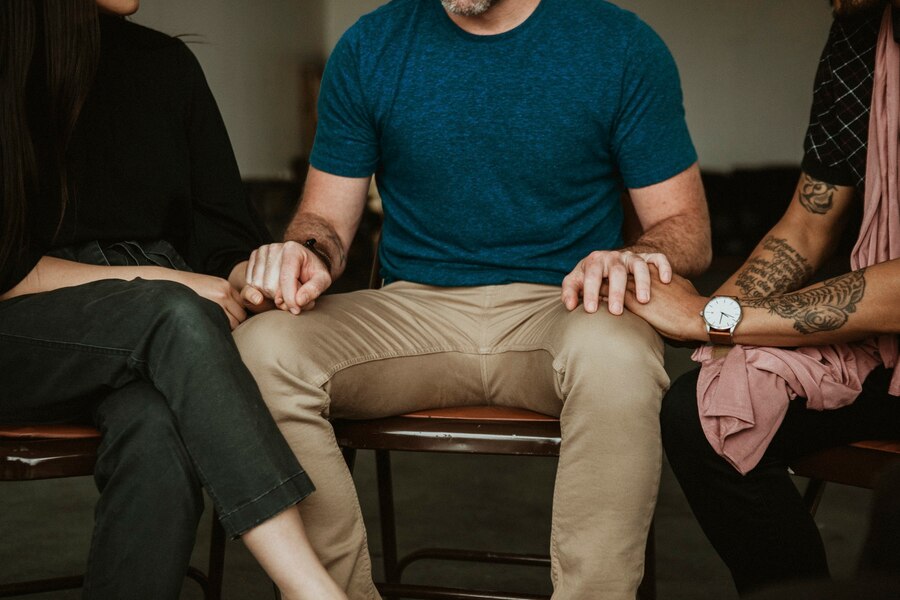
Benefits of Seeking Treatment as a Couple
Seeking treatment as a couple offers numerous benefits that can enhance the recovery process and improve long-term outcomes. Some of the key benefits of couples rehab include:
- Mutual Support: Partners in couples rehab provide each other with mutual support, encouragement, and accountability throughout the recovery journey. Having a partner who understands what you’re going through can be incredibly empowering and motivating.
- Improved Communication: Couples rehab provides a safe space for partners to communicate openly and honestly about their struggles, emotions, and goals. Through couples counseling and therapy sessions, partners learn effective communication skills, conflict resolution strategies, and how to rebuild trust and intimacy.
- Addressing Relationship Dynamics: Addiction often takes a toll on relationships, leading to trust issues, communication breakdowns, and emotional distance. Couples rehab allows partners to address these relationship dynamics and work towards rebuilding a healthier, more supportive partnership.
- Shared Goals and Accountability: In couples rehab, partners set shared goals for their recovery and hold each other accountable for their actions. This shared commitment to sobriety strengthens the bond between partners and increases the likelihood of long-term success.
The Role of Couples Rehabs in Wellness
Couples rehabs serve as catalysts for holistic healing and wellness, offering a transformative space where partners can embark on a journey of recovery together. By addressing addiction within the context of the relationship, these facilities play a vital role in promoting wellness for both partners, fostering individual growth and strengthening the bond between them.
At the core of couples rehabs is the recognition that addiction often intertwines with relational dynamics, exacerbating conflicts, communication breakdowns, and codependent patterns. By providing a safe and supportive environment, couples rehabs create a space where partners can explore the underlying causes of their addiction with compassion and understanding. Through individual and couples therapy sessions, partners gain insight into their personal struggles with addiction, uncovering past traumas, unresolved issues, and maladaptive coping mechanisms that have contributed to their substance use.
Moreover, couples rehabs offer a comprehensive array of therapeutic modalities and wellness activities designed to promote healing on physical, emotional, and spiritual levels. From mindfulness meditation and yoga to art therapy and adventure-based activities, partners have the opportunity to engage in experiential healing practices that nourish the mind, body, and soul. By incorporating holistic approaches to wellness, couples rehabs empower partners to cultivate resilience, self-awareness, and a sense of inner peace essential for long-term recovery.
Find Recovery for Couples Near You
Couples rehabs are committed to promoting wellness and recovery for couples struggling with addiction. By providing comprehensive care, mutual support, and a focus on relationship dynamics, couples rehabs empower partners to overcome addiction together and build a healthier, more fulfilling life. If you and your partner are struggling with substance abuse issues, consider reaching out to a couples rehab and taking the first step towards a brighter future hand in hand.

- What distinguishes couples rehabs from traditional addiction treatment centers?
- Couples rehabs offer a unique approach to addiction treatment by focusing on healing not only the individual but also the relationship. They provide a supportive environment where partners can undergo treatment together, addressing both individual and relational challenges simultaneously.
- How do couples rehabs promote wellness and recovery for both partners?
- Couples rehabs promote wellness and recovery for both partners by providing comprehensive treatment programs that address the interconnected nature of addiction and relationships. Through therapy, counseling, and holistic interventions, couples learn to support each other’s sobriety goals while strengthening their bond.
- What types of therapy are offered at couples rehabs to support relationship healing?
- Couples rehabs offer a variety of therapy modalities to support relationship healing, including couples counseling, group therapy, and experiential therapies. These therapies help couples improve communication, rebuild trust, and develop healthy coping mechanisms for long-term recovery.
- How do couples rehabs address individual substance abuse issues while also focusing on the relationship?
- Couples rehabs recognize that addiction often affects both individuals in a relationship and their dynamic together. Therefore, they offer tailored treatment plans that address each partner’s substance abuse issues while also providing therapy and support to strengthen the relationship.
- What role does mutual support play in couples rehabs’ approach to addiction treatment?
- Mutual support is a cornerstone of couples rehabs’ approach to addiction treatment. Partners are encouraged to lean on each other for support, empathy, and encouragement throughout the recovery journey. This shared experience fosters a sense of solidarity and strengthens the couple’s commitment to wellness.
- Can couples rehabs accommodate couples with different substance abuse issues or treatment needs?
- Yes, couples rehabs can accommodate couples with different substance abuse issues or treatment needs. Treatment plans are personalized to address each partner’s unique challenges and goals, ensuring that both individuals receive the support and resources they need for recovery.
- How do couples rehabs help couples rebuild trust and communication after addiction?
- Couples rehabs help couples rebuild trust and communication by providing specialized therapy and counseling focused on relationship dynamics. Through guided conversations, couples learn to address underlying issues, express emotions constructively, and establish healthy boundaries for a stronger, more resilient relationship.
- Are couples rehabs suitable for couples at any stage of their relationship?
- Yes, couples rehabs are suitable for couples at any stage of their relationship, whether they are dating, engaged, married, or in a long-term partnership. The focus is on providing support and resources to help couples overcome addiction and strengthen their bond, regardless of relationship duration.
- What support services do couples rehabs offer for couples transitioning back into everyday life after treatment?
- Couples rehabs offer aftercare support services to help couples transition back into everyday life after treatment. This may include continued therapy, support group meetings, relapse prevention planning, and access to community resources to ensure ongoing wellness and sobriety.
- How can couples get started with a couples rehab program?
- Couples can get started with a couples rehab program by reaching out to the facility directly or speaking with a trusted healthcare provider or addiction specialist for recommendations. The admissions team at couples rehabs will guide couples through the intake process and create a personalized treatment plan tailored to their needs and goals.

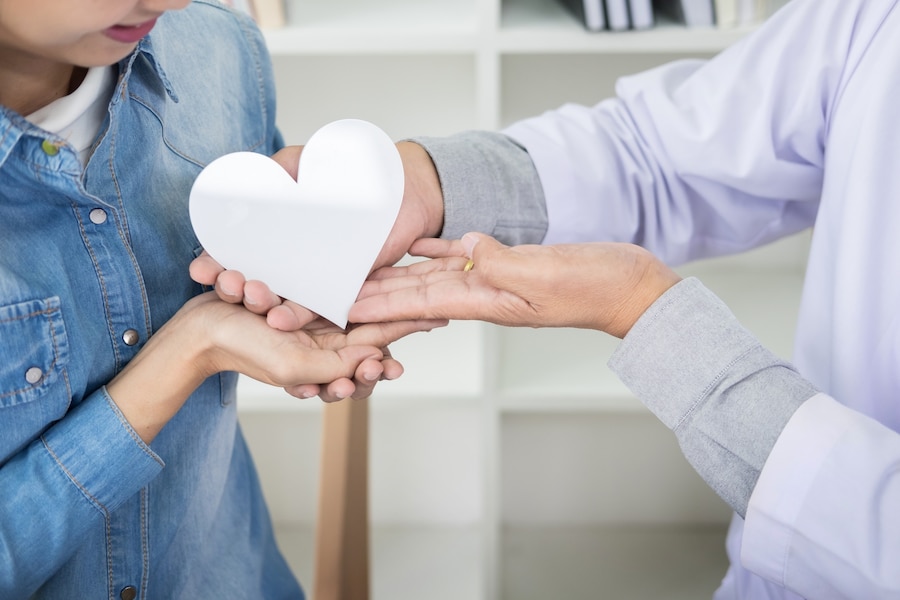
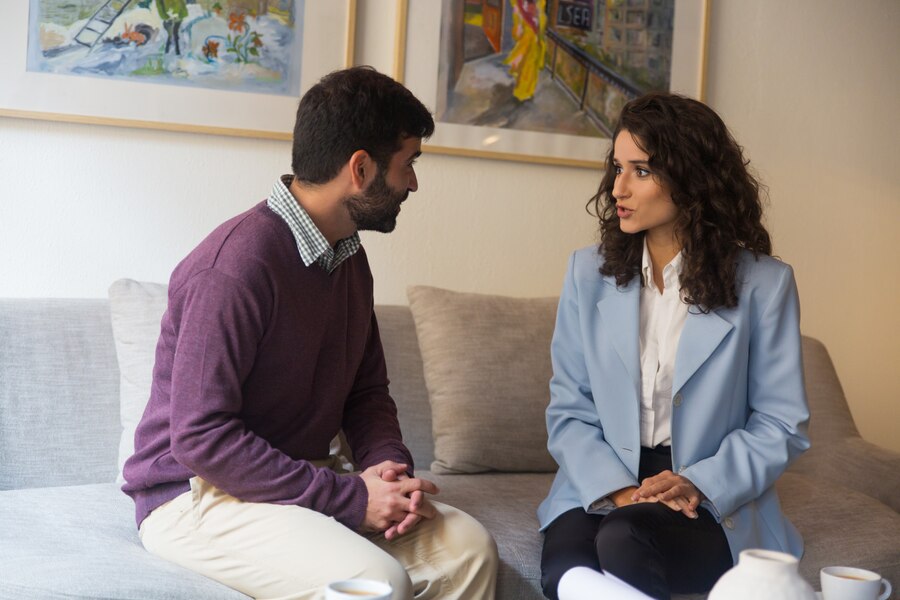
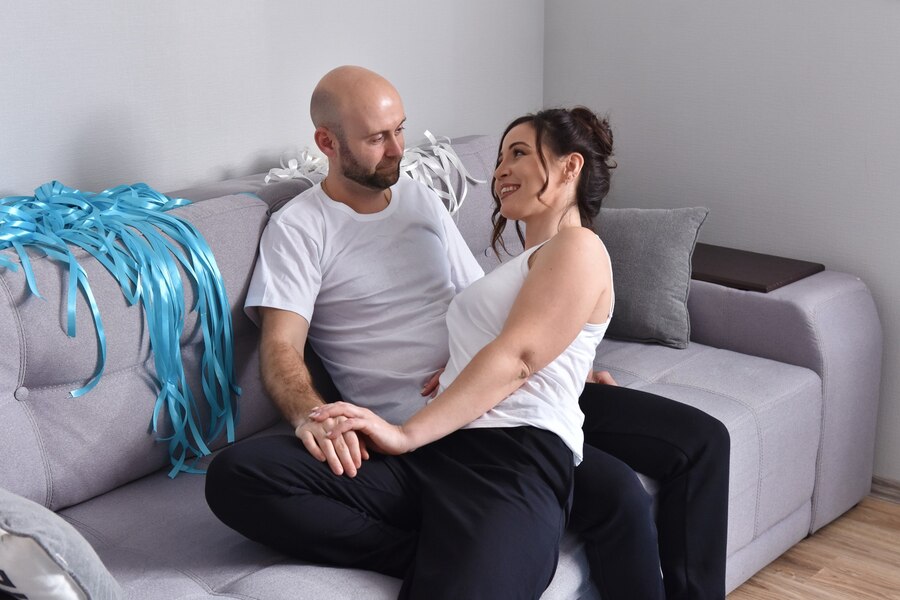
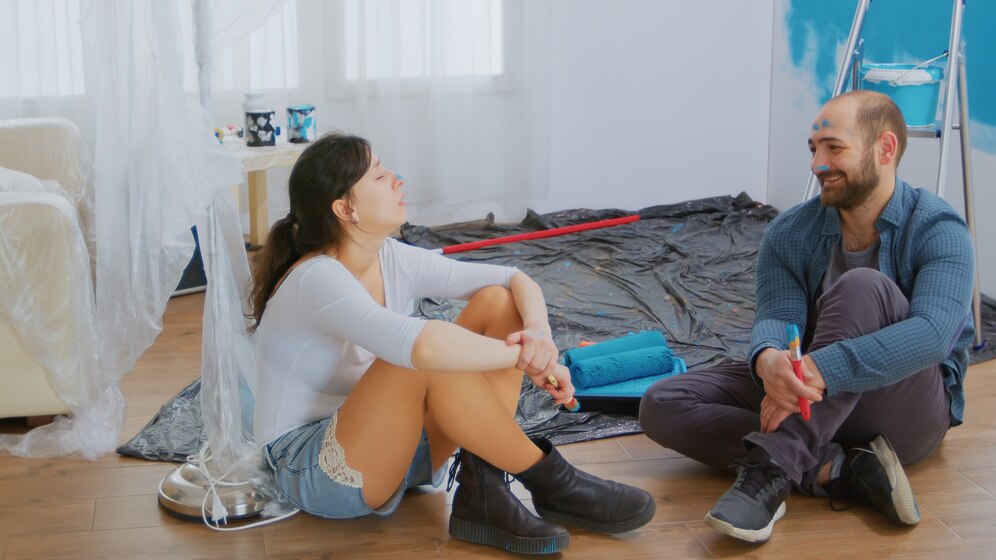
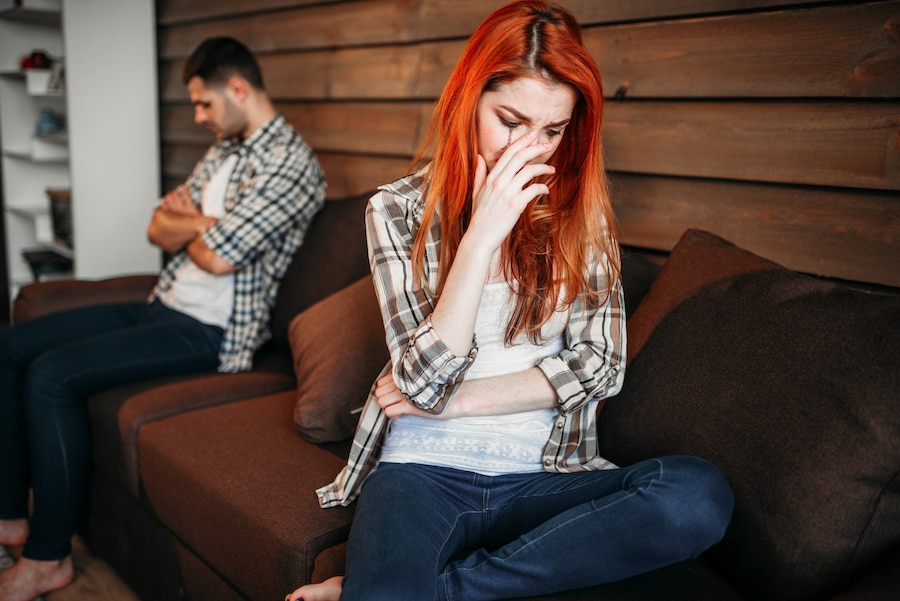
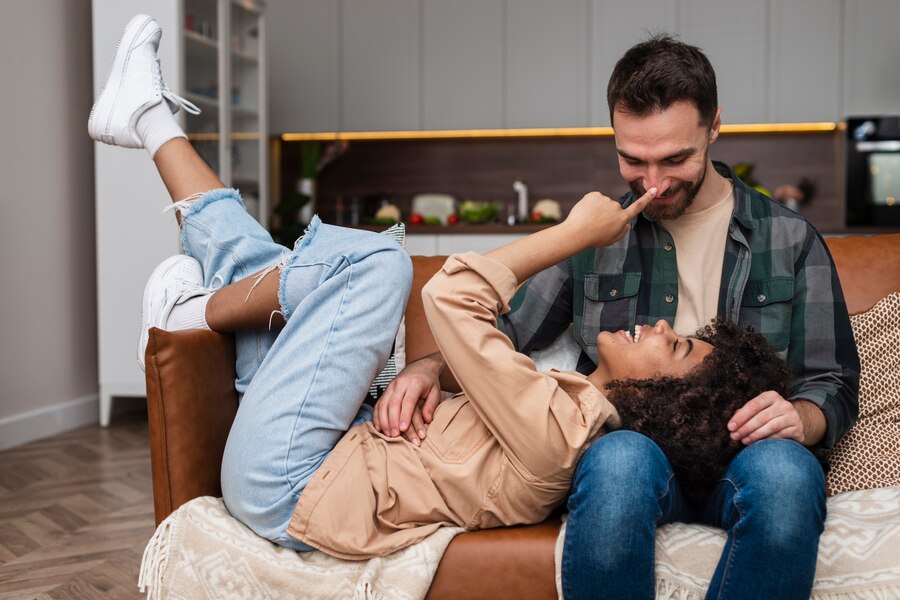





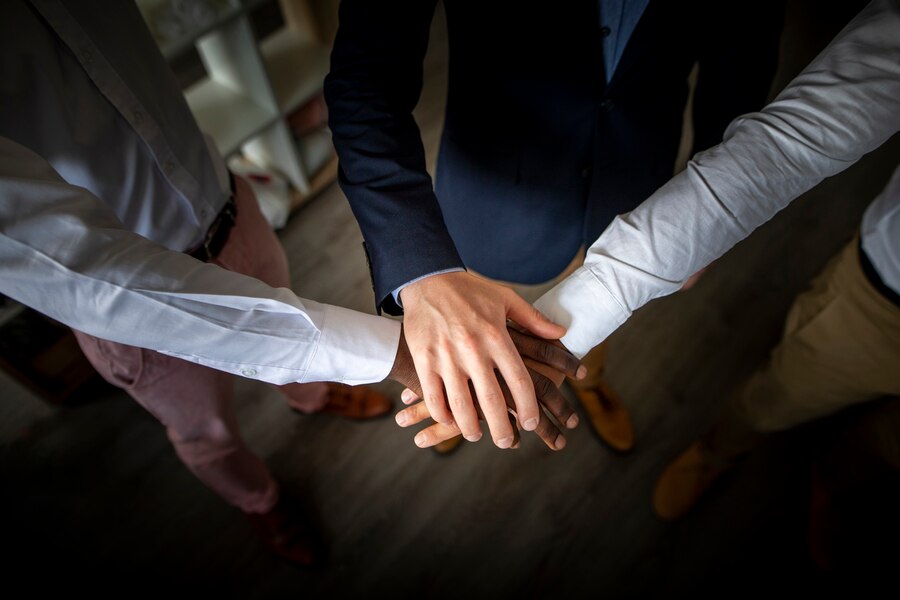
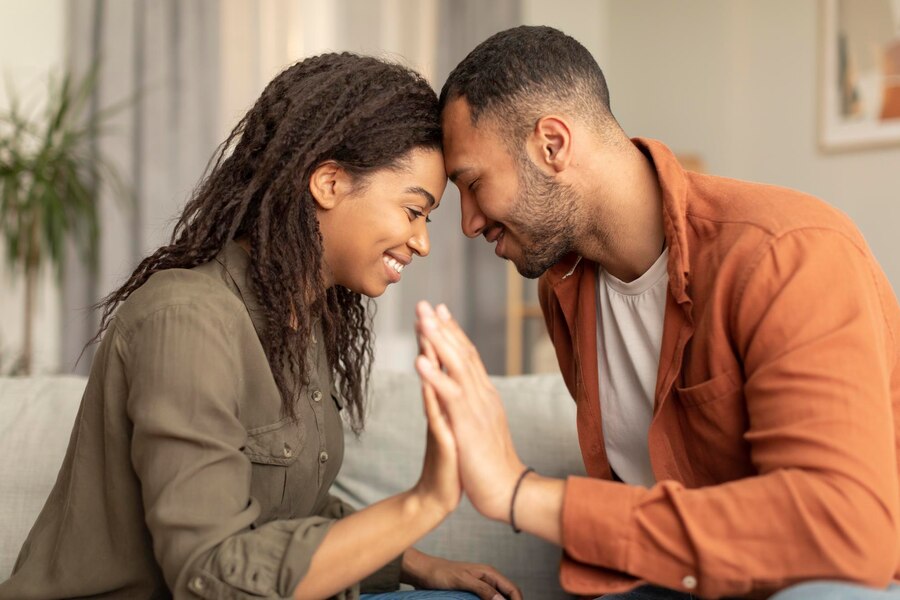
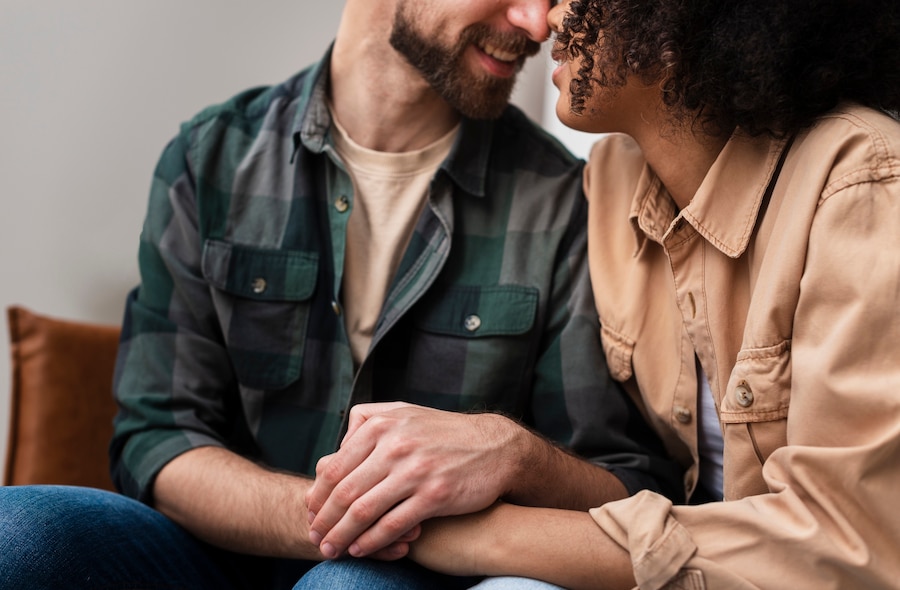
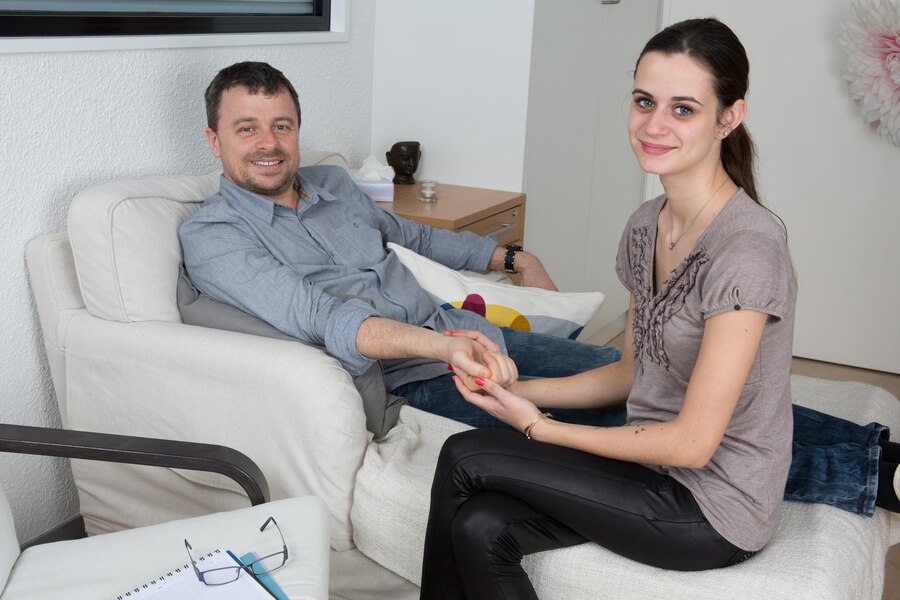
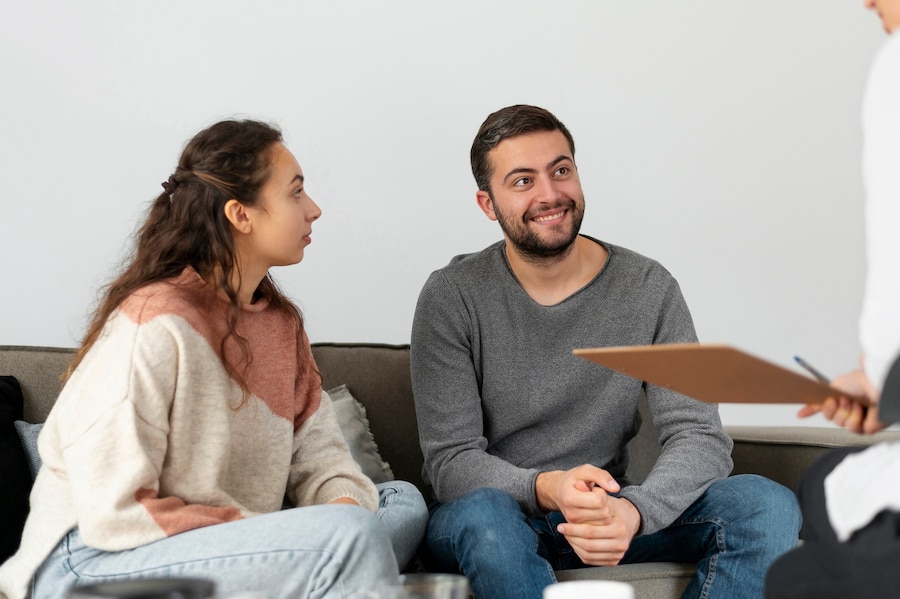
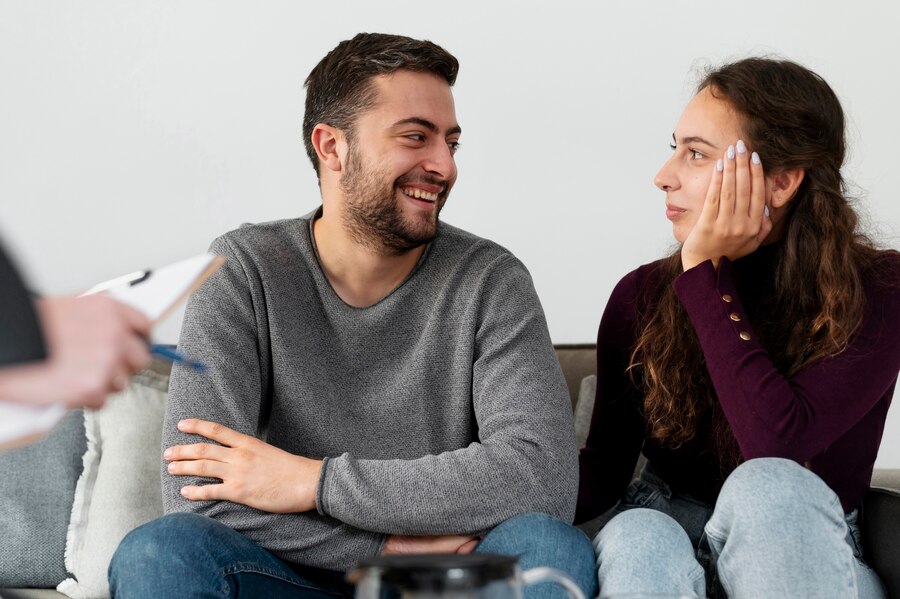
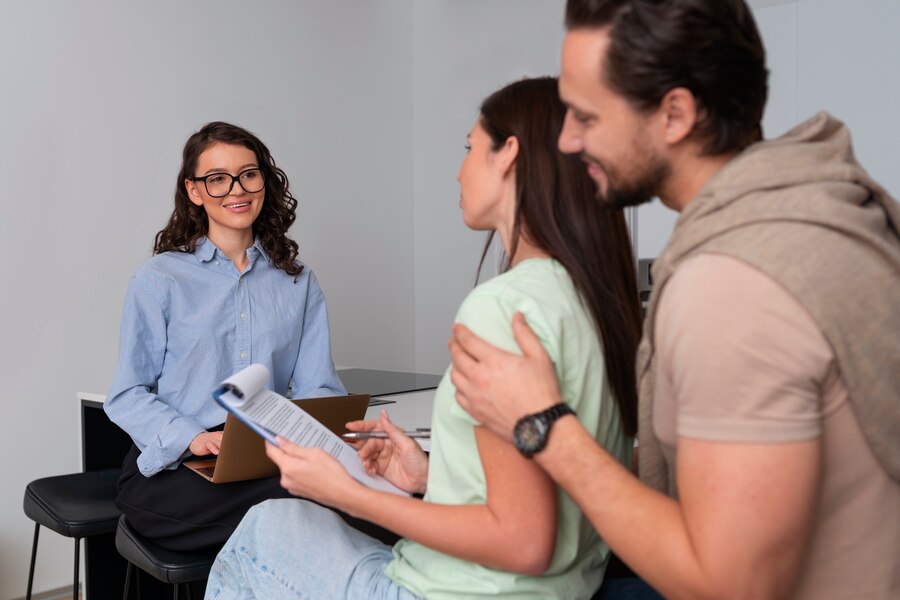
Recent Comments